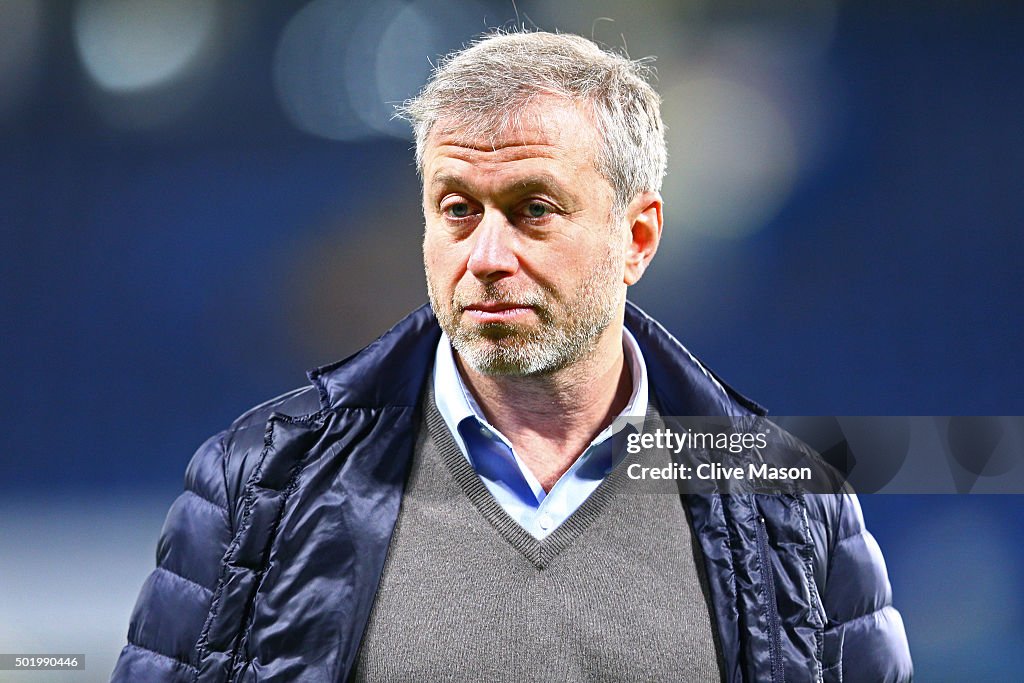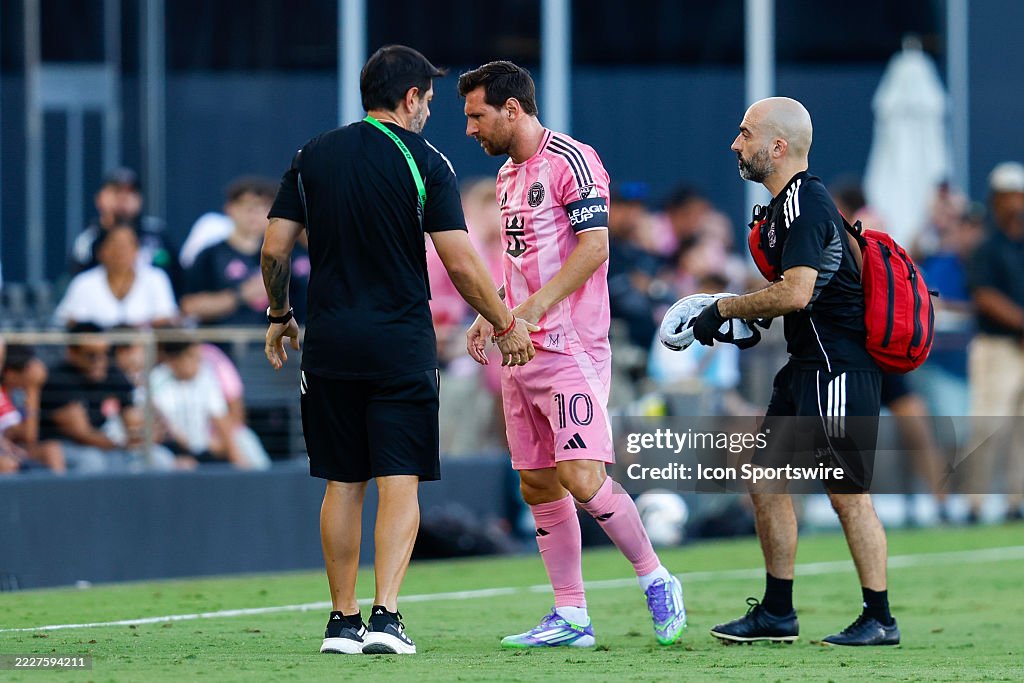Roman Abramovich dreams of one day returning to Stamford Bridge. The 58-year-old extremely wealthy Russian has not yet said goodbye to the club since stepping down as Chelsea's majority shareholder.
The Abramovich era at Chelsea began in June 2003 and would go on to redefine the identity and stature of the club in English and European football.
Roman Abramovich, then a relatively unknown figure to the broader footballing public, purchased Chelsea for £140 million and immediately began to inject unprecedented levels of investment into the team. His arrival marked the start of a new era in football ownership one where wealthy individuals and consortiums could dramatically alter the competitive landscape through financial firepower.
Under Abramovich’s ownership, Chelsea transformed from a club known for occasional domestic success into a dominant force both at home and in Europe. During his 19-year reign, Chelsea won five Premier League titles, five FA Cups, three League Cups, two UEFA Europa Leagues, and, most notably, two UEFA Champions League titles in 2012 and 2021. The club also built a reputation for high managerial turnover, with over a dozen different permanent managers, yet maintained remarkable success, especially in cup competitions.
His investment wasn’t limited to just the men’s first team. Abramovich funded the redevelopment of Chelsea’s Cobham training complex, supported the development of Chelsea’s highly regarded academy which produced stars like Mason Mount and Reece James and made substantial investments in the women’s team, which rose to become one of the best in Europe. His backing helped turn Chelsea into a global brand with a fanbase stretching far beyond England.
However, in February 2022, everything changed dramatically. Following Russia’s invasion of Ukraine, the British government imposed sanctions on numerous Russian oligarchs and entities, citing close ties to the Kremlin. Abramovich was one of the most high-profile individuals targeted. Though he had previously attempted to distance himself from political affairs, the geopolitical climate left him with little choice. He was forced to put Chelsea up for sale and step away from all football-related activities. The British government froze his assets, effectively severing his legal and financial connection with the club.
The sale of Chelsea to the Todd Boehly-led consortium marked the end of an era. It happened under extreme political pressure and tight deadlines, with the British government overseeing the process to ensure Abramovich did not personally benefit from the proceeds. Despite these circumstances, Abramovich insisted that any net gains from the sale would go toward humanitarian efforts, particularly to help victims of the war in Ukraine a promise that remains a topic of public and legal scrutiny.
Since then, Abramovich has kept a low profile, avoiding media attention and refraining from making public appearances at football events. He has not attended a Chelsea match since the sanctions came into effect. His last known visit to Stamford Bridge came on November 28, 2021, when Chelsea hosted Manchester United in a Premier League fixture. That appearance, unbeknownst to many at the time, would become his final visit to the club he had spent nearly two decades building into a powerhouse.
In the book Sanctioned, which chronicles the fallout of the sanctions placed on Russian elites, Abramovich reflects briefly on his emotional disconnect from Chelsea. He expresses a quiet hope that, one day, he might return to Stamford Bridge simply to say goodbye. “Hopefully, one day there will be a situation in which I can attend a match to say goodbye. Nothing more, nothing less,” he states. It’s a modest but poignant sentiment from a man whose presence once loomed so large over every corner of the club.
Despite his deep emotional connection, Abramovich makes it clear in the same book that he has no interest in returning to professional football in any official capacity. He appears resigned to the fact that his time in the sport has come to an end, shaped more by global politics than personal choice. Still, the legacy he leaves behind at Chelsea is undeniable—etched not only in trophies and infrastructure but in the very identity of the club.
For Chelsea supporters, the name Abramovich will forever be linked to the most successful period in the club’s history. Yet for Abramovich himself, that chapter appears to remain unfinished. He never received the public farewell that many believe he deserves, and his absence from Stamford Bridge is a void that lingers. Whether or not he will ever be able to return for a final goodbye remains uncertain, dictated by geopolitical tides far beyond football. But the desire is there—quiet, unassuming, and deeply human.








